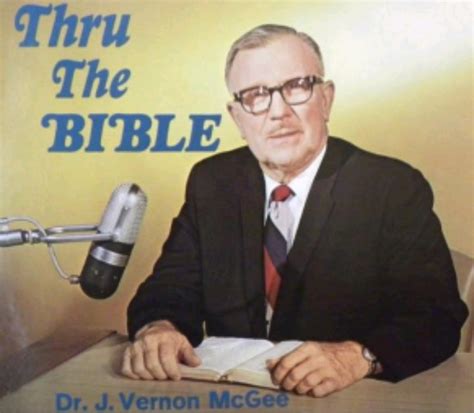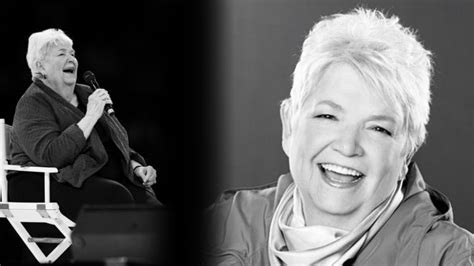A Quote by Herman Kahn
Deterrence itself is not a preeminent value; the primary values are safety and morality.
Related Quotes
I repeat what I suggest in my book [ Strategie de la deception]. The first deterrence, nuclear deterrence, is presently being superseded by the second deterrence: a type of deterrence based on what I call 'the information bomb' associated with the new weaponry of information and communications technologies.
Perhaps the most widespread misunderstanding of economics is that it applies solely to financial transactions. Frequently this leads to statements that "there are noneconomic values" to consider. There are, of course, noneconomic values. Indeed, there are only noneconomic values. Economics is not a value itself but merely a method of trading off one value against another.
Talking about morality can be offensive. Morality is a politically incorrect subject. Many people are genuinely offended if someone speaks of morality and family values. It is okay if you talk about your sexual fantasies and deviances. This is called "liberation". But you would be frowned at if you talk about morality in public. Then you'd be accused of trying to impose your values on others.
Art is not and never has been subordinate to moral values. Moral values are social values; aesthetic values are human values. Morality seeks to restrain the feelings; art seeks to define them by externalizing them, by giving them significant form. Morality has only one aim - the ideal good; art has quite another aim - the objective truth... art never changes.
One of the great arts in living is to learn the art of accurately appraising values. Everything that we think, that we earn, that we have given to us, that in any way touches our consciousness, has its own value. These values are apt to change with the mood, with time, or because of circumstances. We cannot safely tie to any material value. The values of all material possessions change continually, sometimes over night. Nothing of this nature has any permanent set value. The real values are those that stay by you, give you happiness and enrich you. They are the human values.
We're always projecting our moral categories on things. I think that's inevitable. But capitalism places no particular value on morality. Morality in the market is enforced by contract and regulation and law, because morality is understood to be in conflict with the motive force of greed and accumulation.
Man has been called a rational being, but rationality is a matter of choice... Man has to be a man-by choice; he has to hold his life as a value-by choice; he has to learn to sustain it-by choice; he has to discover the values it requires and practice his virtues by choice. A code of values accepted by choice is a code of morality.
I look to Islamic ethics to find something that can provide the basis for shared values with other traditions, and ultimately universal values. This ties into the point I made in a book, 'The Quest for Meaning', that the only way for values to be universal is if they are shared universal values. My main point is, in this quest for value the aim is not to express your distinctness from others, but about being able to contribute to the discussion of universal value.
Men of the world who value the Way all turn to books. But books are nothing more than words. Words have value; what is of value in words is meaning. Meaning has something it is pursuing, but the thing that it is pursuing cannot be put into words and handed down. The world values words and hands down books but, though the world values them, I do not think them worth valuing. What the world takes to be values is not real value.



































